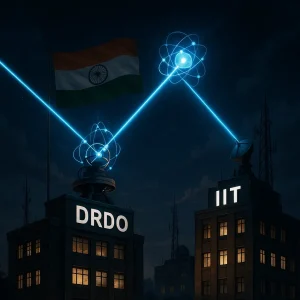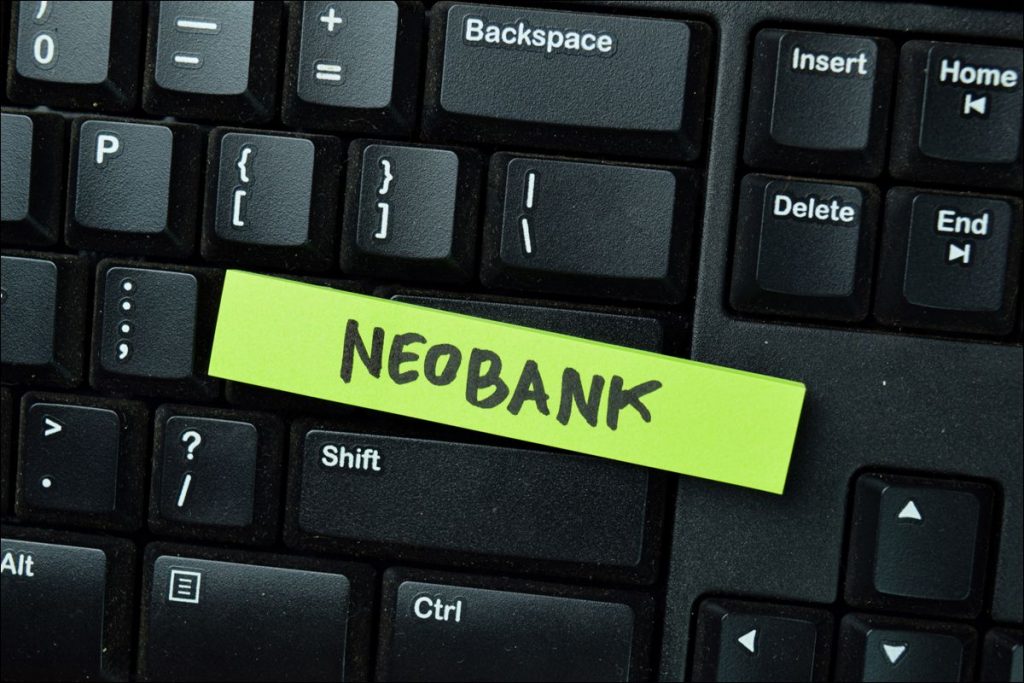Despite the growth made possible by technology, there is still a massive opportunity to make services even simpler and seamless. Enter the neobank
Digital technologies are more crucial to the banking industry than ever. Advances in applications of Cloud, Artificial Intelligence (AI), Machine Learning (ML), Blockchain, and Robotics have transformed banks and their relationships with customers. The Annual Report 2020-21 of Reserve Bank of India shows that the total digital transaction volume in 2020-21 stood at Rs 4,371 crores, as against 3,412 crores in 2019-20.
Despite the growth made possible by technology, there is still a massive opportunity to make services even simpler and seamless. Through its technical capabilities and lean business models, a “non-banking service provider” may now access every component of the banking value chain – from what customers can obtain and anticipate in terms of banking services.
A neobank, one of these non-bank service providers, refers to fintech companies that offer banking services. They are transactional platforms for merchants, and major players in the segment include Jupiter, RazorpayX, Open, and NiYo.
Neobanks are primarily technology platforms, and they typically include robust mobile applications. They are based on the concept of banking without physical locations, a movement that has gained momentum after the Covid-19 pandemic.
As more businesses digitize their processes, new technologies help banks collaborate and integrate their services with fintech and neo-banks. MSMEs, as well as those with variable incomes and earnings, have all embraced newer technology, which has made these banks a success. MSMEs receive services such as stress-free signups, transparent pricing, the ability to easily access money, accounting, taxation, and analytics from Neobanks at fractional costs. Such services were earlier accessible only to larger establishments.
In most countries, neobanks are entirely digitized. But, in India, RBI regulations don’t permit 100% digitized banks, and so, neobanks are affiliated with RBI-licensed banks to offer services.
Neobanks get investment advisor licenses for items such as wealth management, and typical collaborations involve small finance institutions or small scheduled commercial banks. They essentially serve as a conduit between traditional banks’ products and the expanding expectations of digital-age clientele. Their low-cost approach includes free or very low monthly fees on banking services such as minimum balance maintenance, deposits, and withdrawals.
The worldwide neobanking market is estimated to reach $333.4 billion in 2026, growing at a CAGR of 47.1%. Neobank startups in India raised more than $230 million in 2020.
Challenges for neobanks
Neobanks, like any other financial institution, has advantages and disadvantages. To be successful, a company must meet the demands of a certain market sector while also implementing the appropriate technology, business strategy, and organizational culture. None of these, however, is as critical as” building trust.” Traditional banks have an edge in this area. Hence, models such as freemium subscriptions and memberships are common in neobanking in India, as they allow customers to experience the service before paying for it.
Additionally, these institutions continue to face –
- Regulatory impediments: Because the RBI has not yet recognized neobanks as such, clients may be without legal redress or a specified mechanism in the event of a problem.
- Impersonal experience: Because neobanks lack physical locations, clients lack access to in-person help.
- Services are often limited: Neobanks provide fewer services than regular banks.
To summarize, neobanks throughout the world offer cost-effectiveness, personalization and numerous banking and financial operations under a single canopy. Financial inclusion and the bundling of banking services work together to make them more accessible to people who would not otherwise be able to access them.
The success of neobanks will be determined largely by how they deal with critical regulatory and compliance issues, as well as data and cyber security, smooth API integration, and the development of goods and services.
In case you missed:
- None Found










